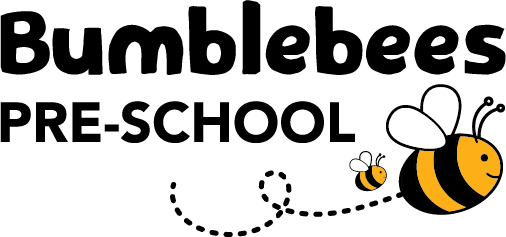Parent's guide to the Early Years Foundation Stage
What is the Early Years Foundation Stage (EYFS)?
-
The EYFS starts at birth and continues to the end of their first year in school (reception) it is an important stage as it helps your child get ready for school as well as preparing them for their future learning and successes.
-
It is a framework that provides guidance on how early years practitioners should work with children and their families to support their learning.
-
We recognise that children develop quickly in the early years and the early years practitioners aim to do all they can to help children have the best possible start in life; irrespective of ethnicity, culture or religion, home language, family background, learning needs, disability or gender.
What do you need to know about the EYFS?
-
Children do best when parents and practitioners work together.
-
The part you play in their learning and the choices you will make will make a difference to their future.
-
The learning and development section is made up of seven areas of learning. Children in the EYFS learn by playing and exploring, being active and through creative and critical thinking which can take place both indoors and outside.
-
The three prime areas are most essential for your child’s healthy development and future learning. The three prime areas are Personal, Social and Emotion Development, Physical Development and Communication and Language Development.




